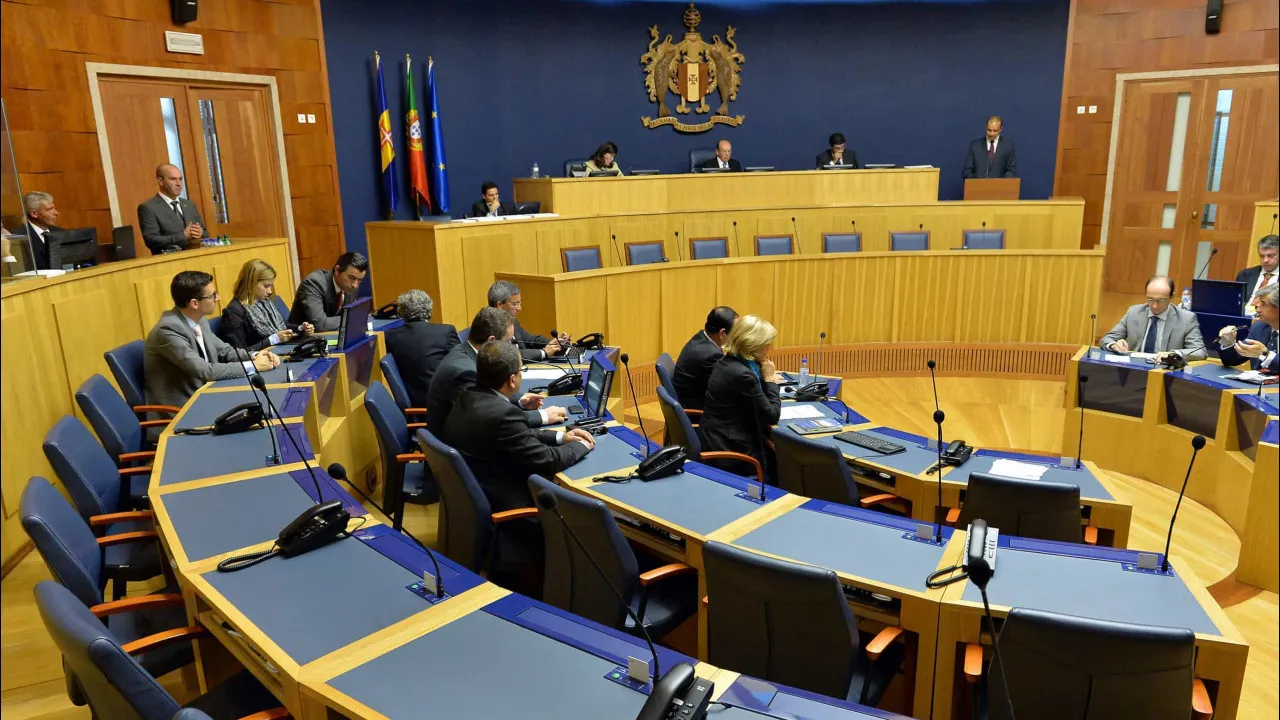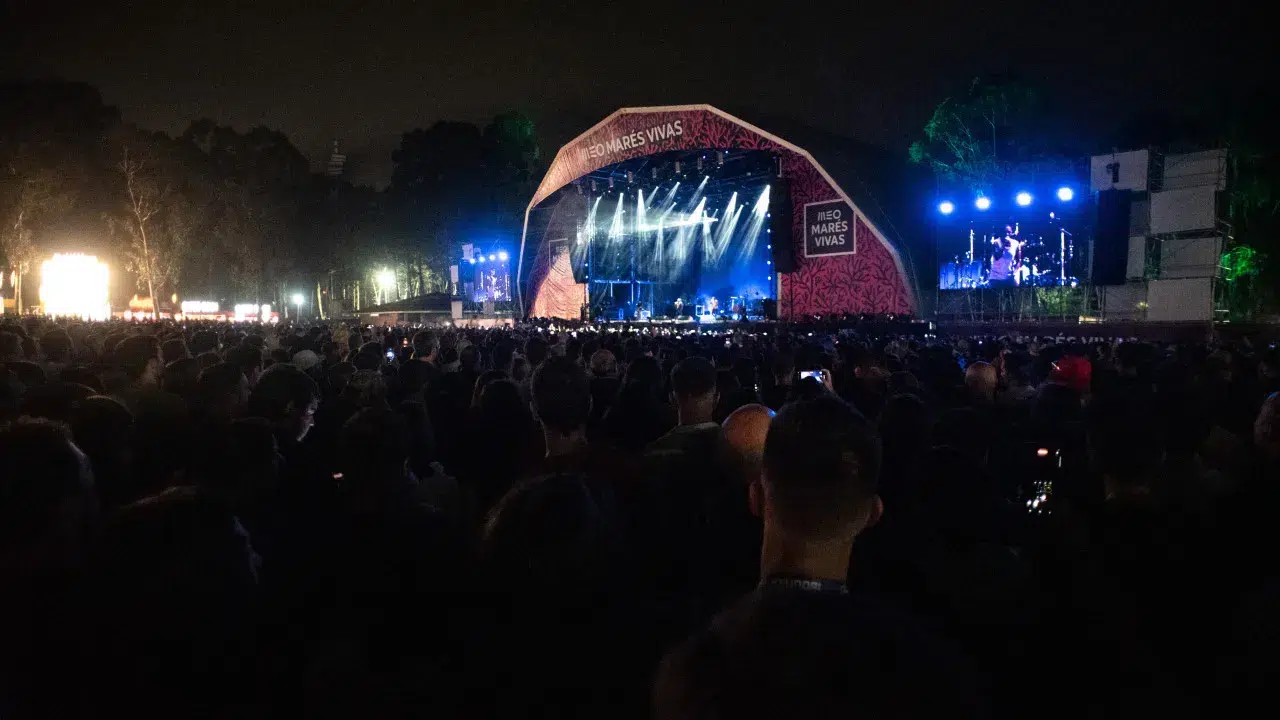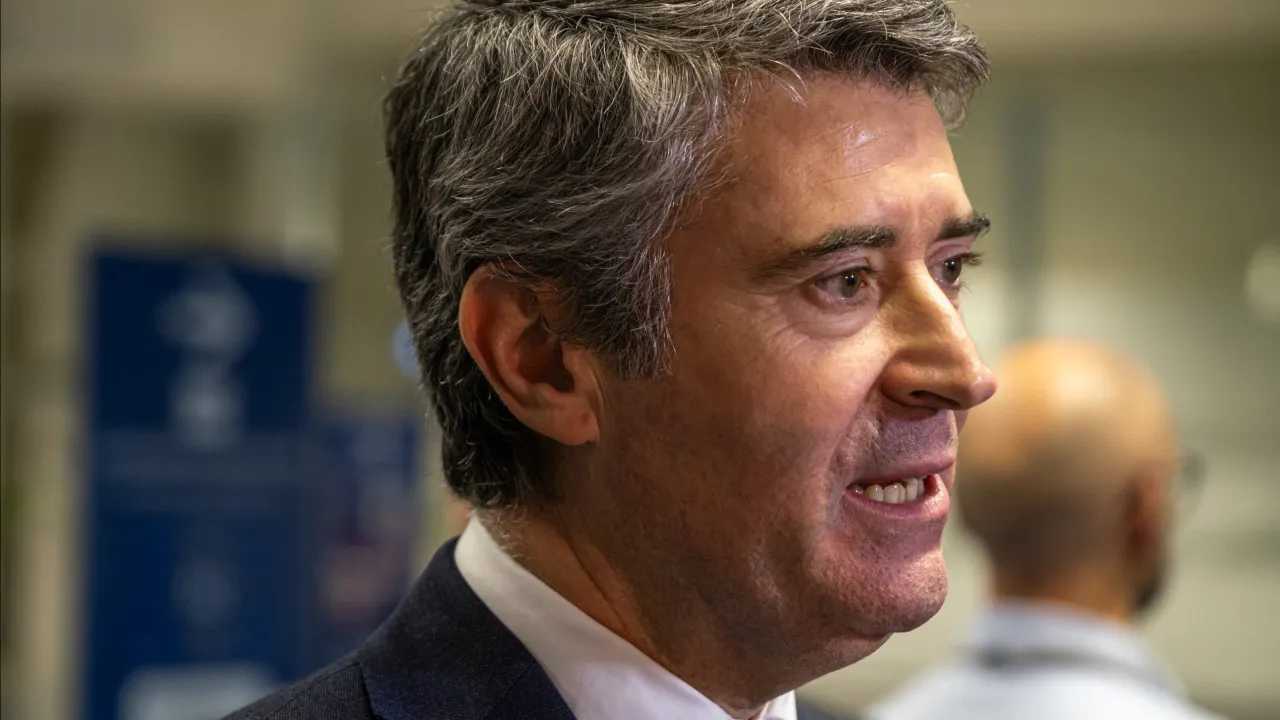
During the plenary session marking the Legislative Assembly Day of the Autonomous Region, JPP deputy Basílio Santos accused the PSD-led governments with absolute majorities from 1976 to 2019 of “intolerance and disrespect” towards the opposition in parliament, asserting that the “style of governance” by the Social Democrats remains unchanged, despite their current coalition with the CDS-PP.
The deputy highlighted “regrettable attitudes distancing the people from the elected,” specifically criticizing Eduardo Jesus, the regional secretary for Tourism, Environment, and Culture, for using slang while referring to some parliamentarians during a debate.
“The JPP, as the main opposition party, reaffirms its commitment to permanent, serious, and responsible work to dignify and earn the trust of Madeirans and Porto-Santo residents,” he declared.
PS leader Paulo Cafôfo, who is also the regional president of the party, emphasized that the “dangers” facing the regional parliamentary institution stem not only from external sources but also from “the degradation of political discourse, the authoritarian temptation of those who confuse majority with impunity, and the growing distrust when people feel this house no longer represents them.”
The socialist deputy also criticized the PSD/CDS-PP Regional Government, led by Social Democrat Miguel Albuquerque, for failing to unlock “structural dossiers” between the region and the Republic, including the mobility subsidy, ferry connection, and review of the Regional Finance Law.
Chega deputy Miguel Castro stated that the Legislative Assembly belongs to the people, not the parties, stressing that the institution should not be a “stage for empty speeches” nor for agreements serving party interests.
“We want an Assembly that honors the Madeirans,” he said, emphasizing: “All, all, all without exception.”
CDS-PP’s sole deputy, Sara Madalena, focused her address on the “much that still needs to be done” in the autonomy process, especially regarding women. She highlighted that only 49 years after the establishment of the regime, a woman, the Social Democrat Rubina Leal, was elected president of the Legislative Assembly in April this year.
The Christian Democrat parliamentarian warned about the “prejudices that still persist” against women, encouraging them to assert themselves in society.
PSD deputy Bruno Macedo argued that the autonomy process is ongoing, emphasizing the need to review and change several instruments to deepen it, including the Constitution, the Political-Administrative Statute of the region, and the electoral law.
“We want to change, change, change,” he stressed, highlighting the necessity for “broad consensus in parliament” in this regard and warning that the “enemies of autonomy” will always face resistance from the PSD.
Gonçalo Maia Camelo, the sole deputy from Iniciativa Liberal, did not attend the commemorative session of the Legislative Assembly Day of Madeira, as he traveled to the mainland for the party’s X National Convention in Alcobaça.
The Legislative Assembly Day of the Autonomous Region of Madeira was instituted in 2020.
This body, first elected on June 27, 1976, currently consists of 47 deputies from six political forces: PSD (23), JPP (11), PS (eight), Chega (three), CDS-PP (one), and IL (one).
The PSD and CDS-PP signed a parliamentary and governmental agreement after the March 23 elections, securing an absolute majority in the regional parliament.




